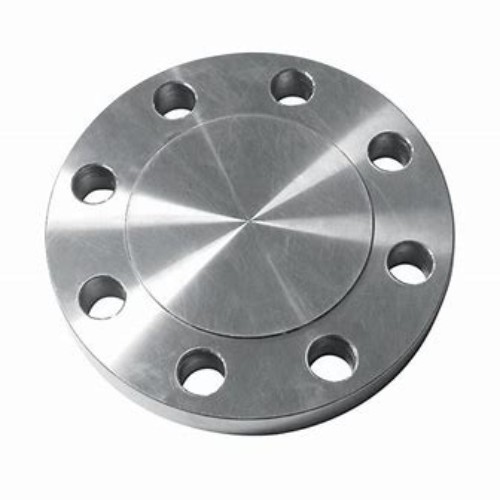Class 800 Globe Valve Specifications and Applications in Various Industries
Understanding Globe Valves Class 800
Globe valves are a vital component in various industrial applications, serving primarily to regulate fluid flow in piping systems. Among the various classifications of globe valves, Class 800 is noteworthy for its enhanced pressure and temperature capabilities. This article delves into the characteristics, advantages, and applications of Class 800 globe valves.
Understanding Globe Valves Class 800
One of the main advantages of Class 800 globe valves is their ability to provide a tight seal when fully closed. This is essential in applications where it is critical to prevent leakage, such as in oil and gas pipelines or chemical processing plants. The materials typically used in Class 800 globe valves, such as stainless steel and carbon steel, contribute to their durability and resistance to corrosion, ensuring long service life in demanding environments.
globe valve class 800

Additionally, these valves are favored for their ease of operation. The linear motion of the disc allows for quick adjustments, making it easier for operators to control the flow rate accurately. This responsiveness is crucial in processes that require precise flow management, such as in heating systems or water treatment facilities.
In terms of applications, you will find Class 800 globe valves utilized in various sectors, including oil and gas, power generation, and water management. In the oil and gas industry, for example, these valves play a key role in regulating flow rates in pipelines and storage tanks, ensuring safe and efficient operations. Similarly, in power plants, they are used to manage steam and water flow, which is vital for energy production.
Furthermore, the design of Class 800 globe valves often incorporates high-performance features, such as automated actuators, allowing for remote operation and monitoring. This adds a layer of convenience and efficiency, particularly in large-scale industrial facilities where manual operation may be impractical.
In summary, Class 800 globe valves are essential for managing high-pressure flow in various applications. Their robust construction, reliable sealing capabilities, and ease of operation make them a preferred choice across many industries. As global demand for efficient fluid management systems increases, the importance of such valves will only continue to grow.
-
The Key to Fluid Control: Exploring the Advantages of Ball Valves in Industrial SystemsNewsJul.09,2025
-
The Versatile World of 1, 2, and 3 Piece Ball ValvesNewsJul.09,2025
-
Stainless Steel Ball Valves: The Ideal Choice for Efficient Flow ControlNewsJul.09,2025
-
Optimizing Fluid Control with Ball Float ValvesNewsJul.09,2025
-
Manual Gate Valves: Essential for Control and EfficiencyNewsJul.09,2025
-
Everything You Need to Know About Butterfly ValvesNewsJul.09,2025
-
The Versatility of Wafer Type Butterfly ValvesNewsJul.08,2025




